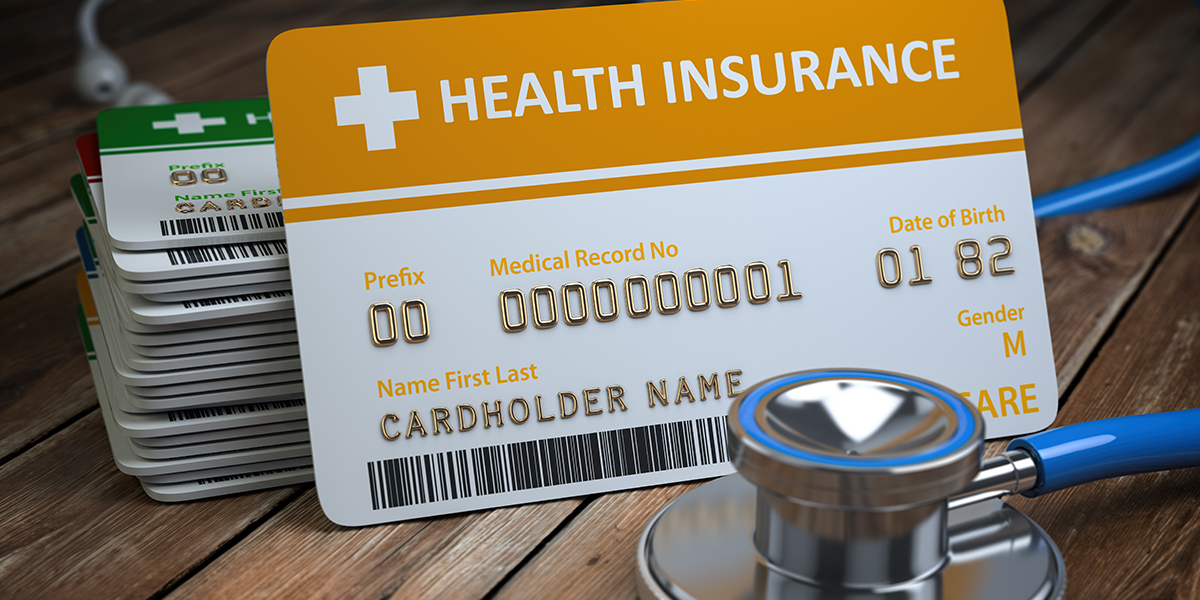Health Insurance Portability and Accountability Act (HIPAA)
What is a HIPAA?
HIPAA, short for the Health Insurance Portability and Accountability Act, is a comprehensive law introduced in 1996 to protect patients’ medical records and other sensitive health information shared with healthcare entities. It includes both a Privacy Rule and a Security Rule to ensure the confidentiality and protection of health data. The goal of HIPAA compliance is to prevent unauthorized access, disclosure, or modification of sensitive patient information.
Importance of HIPAA for Healthcare
HIPAA compliance certification is not just a legal requirement but a fundamental requirement of a company. This establishes trust and integrity within the healthcare industry. Moreover, patients also trust that healthcare providers will take care of their data with the utmost care and dedication. If they fail to protect the information, there can be devastating consequences, including penalties.
Moreover, data breach has become the new norm in the digital world. Healthcare entities are required to safeguard the patient's data. Adhering to HIPAA compliance fortifies healthcare entities against potential breaches, fostering ethical medical practices.
What Entities Are Covered by HIPAA?
Entities refer to the organizations and individuals responsible for protecting sensitive health information. They fall into four main categories:
What Information Is Protected?
Protects any healthcare data that can be linked to a specific individual through identifiers like name, social security number, telephone number, email, and street address. This encompasses medical records, treatment histories, lab results, and billing information.


